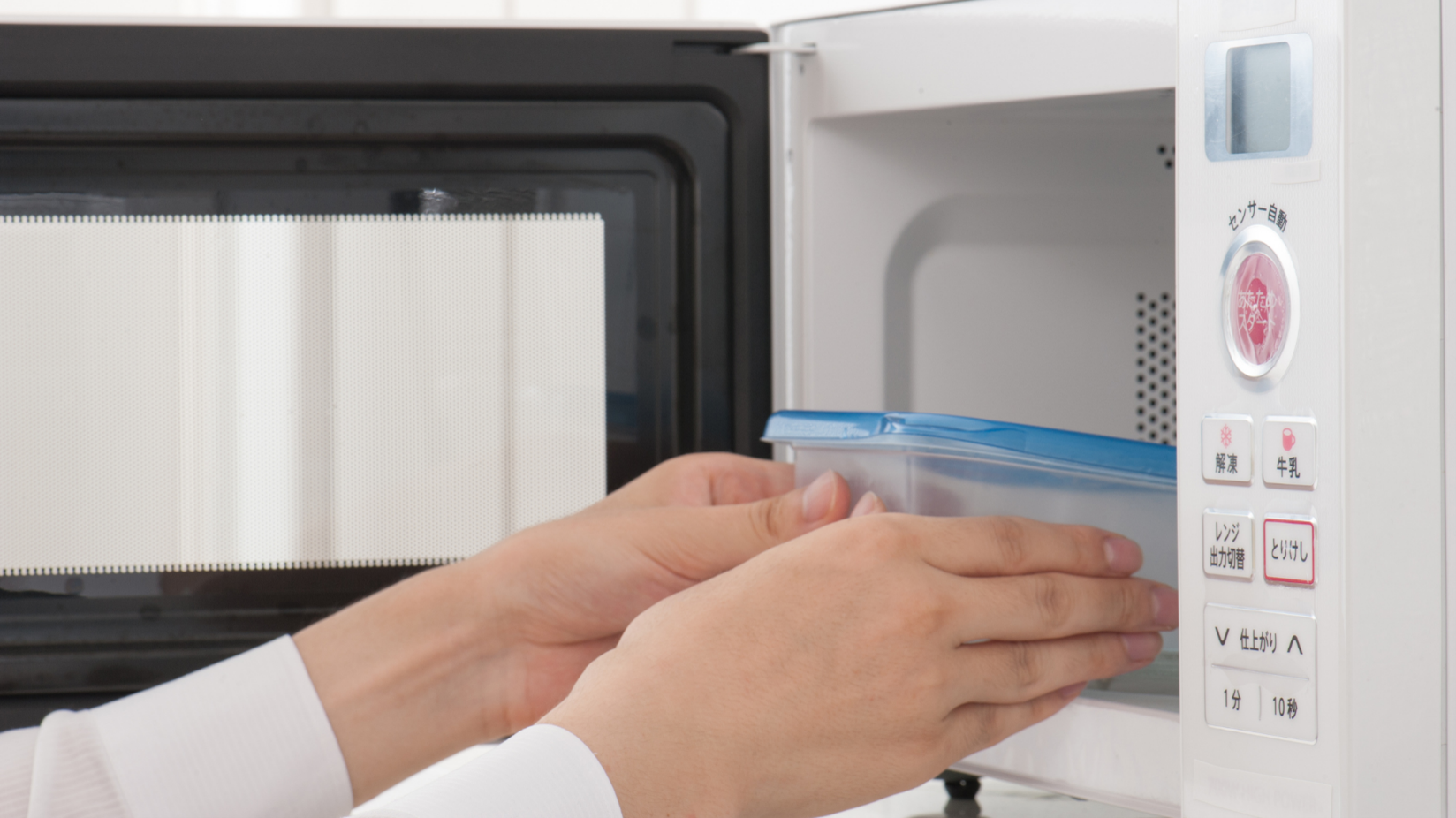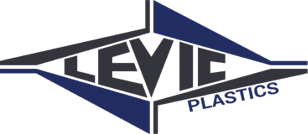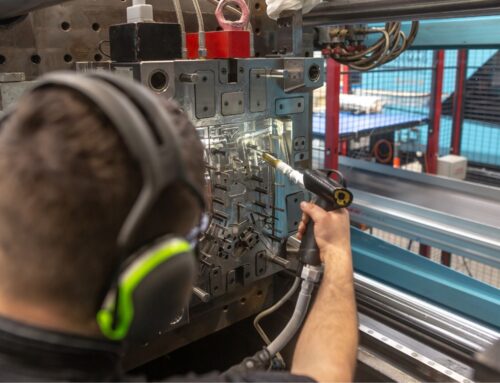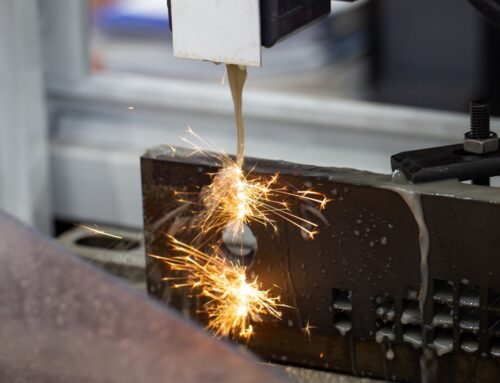
As a leading company for plastic injection molding services in Kansas City, LeVic Plastics uses a wide variety of plastics in order to complete a project. Some plastics are more flexible than others, while others can handle impact more effectively. And then, there are others that hold up best in extreme temperatures. So, as you can see, there are many different factors to consider when choosing the right plastics for custom injection molding in Kansas City.
One question regarding plastics that comes up quite often is, “Can I safely microwave food in plastic containers?” The quick answer is yes, and no. We get this question a lot at LeVic Plastics, considering we specialize in custom plastic injection molding in Kansas City. We know there are some plastics that are safe to use in the microwave and others that are not recommended. This article will discuss the types of plastics you should and should not use in the microwave.
Why are Some Plastics NOT Safe for the Microwave?
Companies like LeVic Plastics, who specialize in custom injection molding in Kansas City, know that certain types of plastic can release microscopic amounts of material that can be absorbed by the food you eat. In nearly all cases, the amount is so tiny that it cannot be detected. However, there are other plastics that can release toxic chemicals through extreme heat exposure, and these are the plastics that should never be used in any situation for microwave use.

What Plastics Should NOT Be Used in the Microwave?
Many plastics today are now identified by their recycling number. The plastics listed below are considered unsafe for microwave use because they can potentially interact with your food, greasier foods in particular. The only time these plastics are considered safe is if they come with a “microwave-safe” label.
- Recycling #2: High-Density Polyethylene (HDPE) – while this is generally safe, it is less heat-tolerant
- Recycling #3: Polyvinyl Chloride (PVC) – this particular plastic is not used as a food container
- Recycling #4: Low-Density Polyethylene (LDPE) – another plastic that is mostly safe but doesn’t withstand heat
- Recycling #6: Polystyrene (Styrofoam) – one of the worst plastics for microwaves, the materials melt easily
- Recycling #7: Polycarbonate – many types of polycarbonate plastic contain BPA, which can be harmful in food
- Most Other Bioplastics – most bioplastics are considered safe; they just perform poorly under extreme heat
What are the Safest Plastics for Microwave Use?
Although there are many warnings about using plastics in the microwave, there are two types that are recommended by companies that specialize in plastic injection molding services in Kansas City. However, it is important to look for the label on each plastic container that states it is “microwave-safe” before using it to reheat foods. The two safe plastics for microwave use are:
- Recycling #1: Polyethylene Terephthalate (PET/PETE) – safe to use with a “microwave-safe” label
- Recycling #5: Polypropylene (PP) – commonly used for frozen meals and food storage, widely regarded as the safest plastic for microwave use

Contact LeVic Plastics for Injection Molding Assembly in Kansas City
If you are looking for assistance with your next project involving custom plastic injection molds in Kansas City, reach out to the experts at LeVic Plastics today. You can go online to receive a free quote on your project or give us a call at (800) 231-1232.
We look forward to assisting you!





